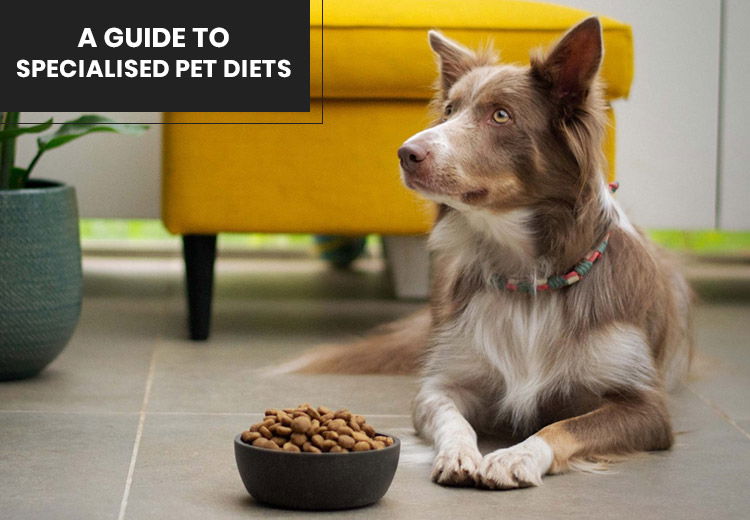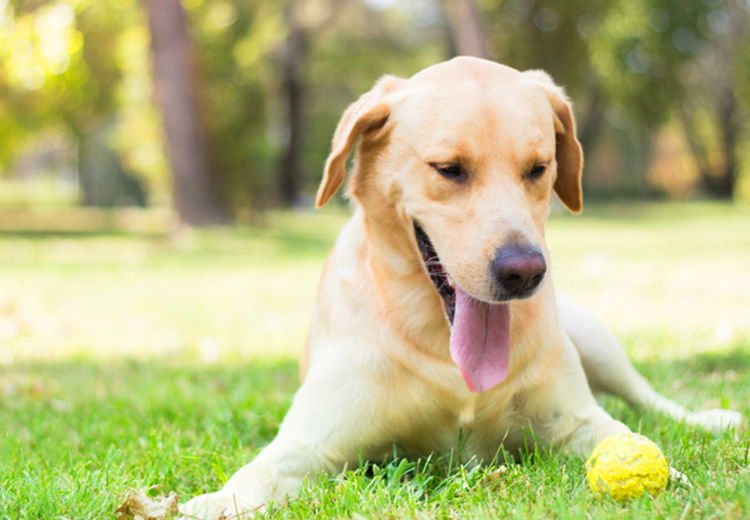Pets, just like humans, may require specialised diets due to various health conditions or dietary restrictions. As a responsible pet parent, it is crucial to understand how to cater to their unique dietary needs. Providing a specialised diet for your pet can help manage their health conditions, alleviate symptoms, and improve their overall quality of life. In this blog, we will explore the essential steps to ensure your pet's well-being by providing them with a specialised diet. By following these guidelines, you can become a knowledgeable and proactive caregiver, ensuring that your pet receives the nutrition they need to thrive.
The first step in catering to a pet with a specialised diet is to consult a veterinarian. A professional veterinarian will assess your pet's health condition, identify any dietary restrictions, and recommend a suitable diet plan. They may also conduct tests to determine any underlying health issues that require dietary modifications.
Once you have consulted a veterinarian, it is essential to understand your pet's specific dietary requirements. This includes knowing the types of food they can and cannot consume the appropriate portion sizes, and the frequency of feeding. Some common dietary restrictions for pets include allergies, food sensitivities, weight management, and medical conditions like diabetes or kidney disease.
Selecting high-quality pet food is crucial for pets with specialised diets. Look for reputable brands such as
Pure Life, Hill’s Prescription Diet / Hill’s Science Diet¸ Black Hawk, Hypro Premium, Ivory Coat
that offer specialised formulas catering to your pet's specific needs. Read the ingredient list carefully, ensuring that the food does not contain any allergens or ingredients that may trigger your pet's health condition. Opt for natural and organic options whenever possible.
In some cases, a veterinarian may recommend a home-cooked diet for your pet. If this is the case, it is essential to work closely with your veterinarian or a veterinary nutritionist to ensure that the diet meets all the necessary nutritional requirements. Home-cooked diets require careful planning and preparation to ensure that your pet receives a balanced and complete diet.
When introducing a new diet to your pet, it is crucial to do so gradually. Sudden changes in diet can upset their digestive system and lead to gastrointestinal issues. Start by mixing a small amount of the new food with their current diet and gradually increase the proportion over a week or two. This allows their digestive system to adjust to the new diet without any discomfort.
Regular monitoring of your pet's health and weight is essential when catering to a specialised diet. Keep a close eye on their energy levels, coat condition, stool quality, and overall well-being. If you notice any adverse reactions or changes, consult your veterinarian immediately. They may need to adjust the diet or recommend additional supplements to ensure your pet's nutritional needs are met.
Feeding table scraps to pets with specialised diets can be detrimental to their health. Human food often contains ingredients that are harmful or toxic to animals. Stick to the recommended diet plan provided by your veterinarian and avoid giving in to those pleading eyes at the dinner table.
Even pets with specialised diets deserve treats and rewards. However, it is crucial to choose treats that align with their dietary restrictions. Look for specialised treats that are formulated for their specific needs or consider making homemade treats using pet-friendly ingredients. Always consult your veterinarian before introducing any new treats into their diet.
Catering to a pet with a specialised diet requires dedication, patience, and a deep understanding of their unique dietary needs. By consulting a veterinarian, understanding their specific requirements, choosing high-quality pet food, and monitoring their health, you can ensure that your pet receives the nutrition they need to thrive. Remember, a well-balanced and specialised diet is the key to a happy and healthy pet.










































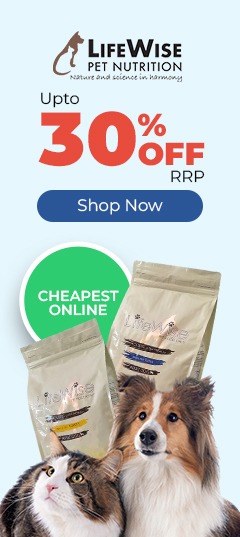

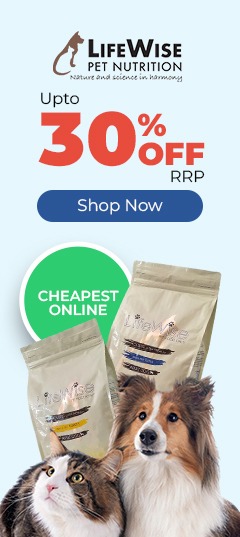
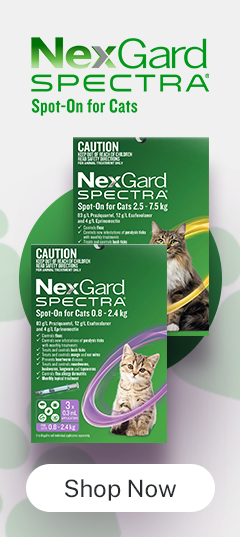












_11132025_205157.png)



